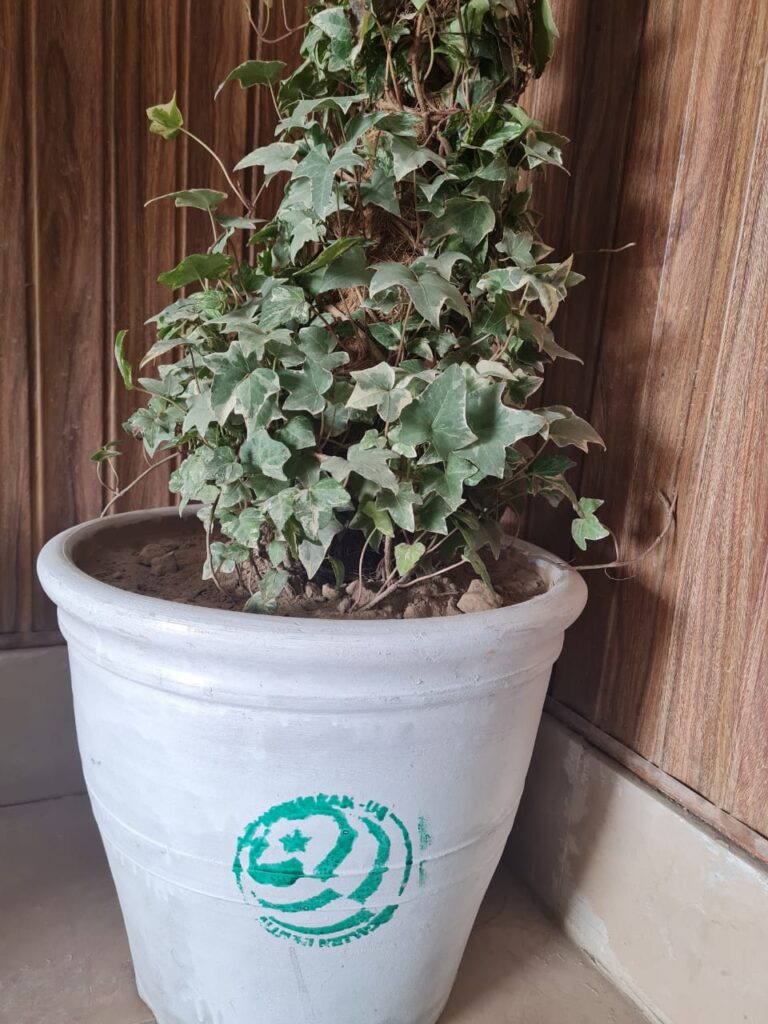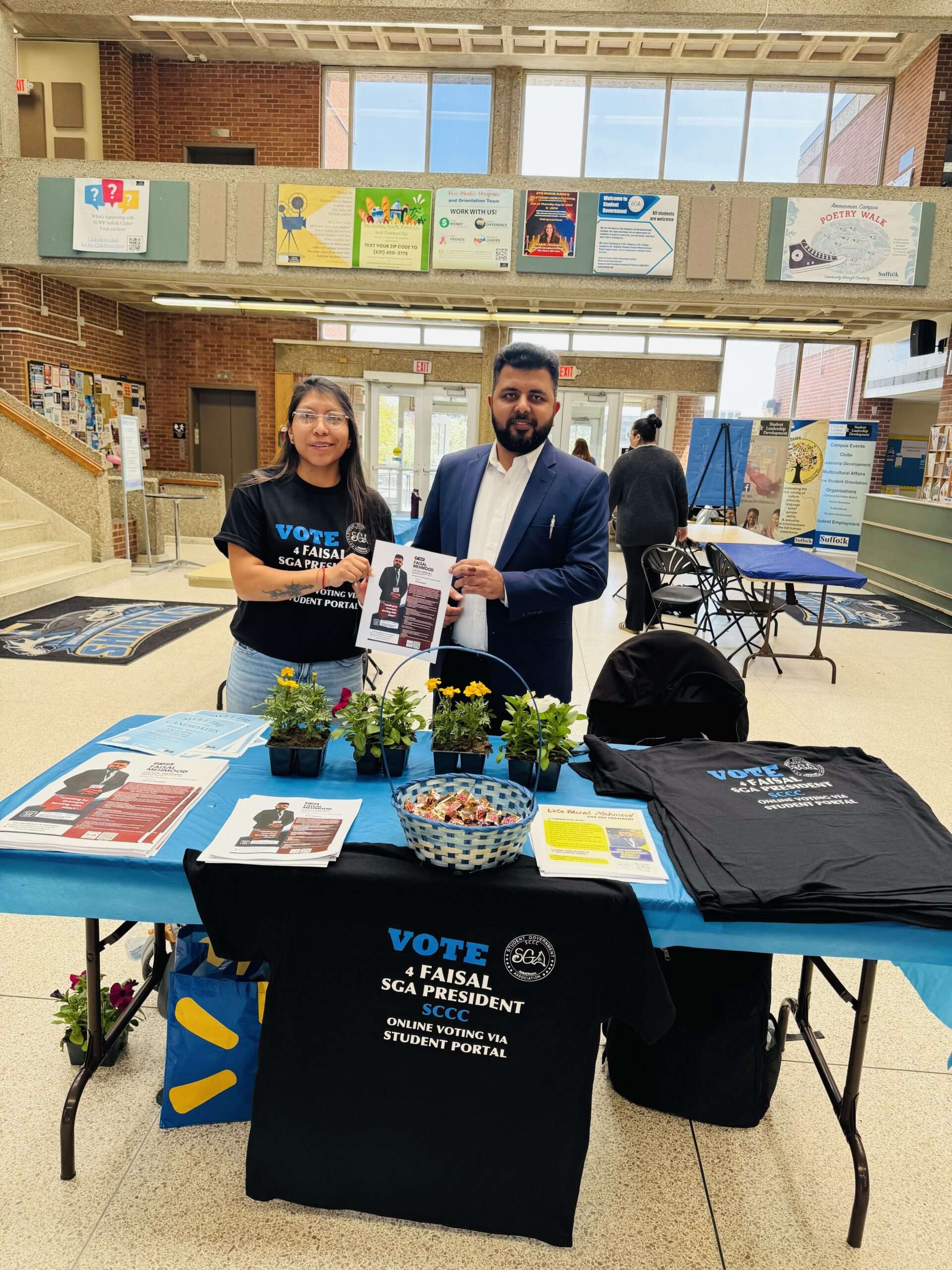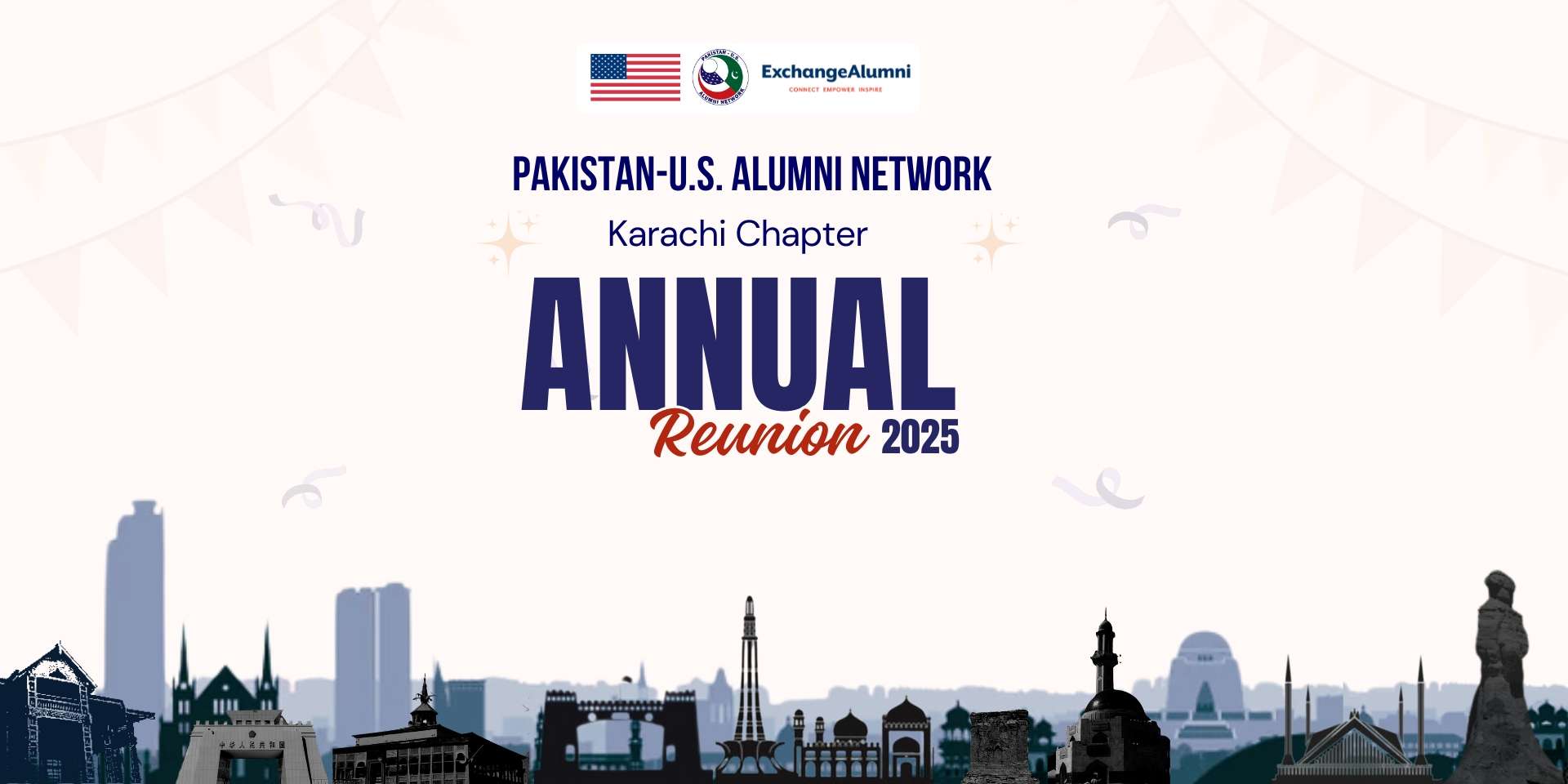By: Shehneela Mazhar
In the arid city of Quetta, Balochistan, a dedicated individual named Jawad Ahmed Khan, a Medical Doctor and SUSI alumnus of 2011, envisioned a project that would make a lasting impact on the environment and climate change in the region! With a passion for community development and a deep connection to the Pakistan-U.S. Alumni Network (PUAN), Jawad embarked on an Mission Initiated Alumni Small Grant (MIASG) project titled “Setting Examples for Policy Interventions in Environmental Protection Agency to Reduce the Impact of Climate Change.”

The project aimed to raise awareness about climate change and foster collaboration among stakeholders. To achieve this, a virtual Environmental club was established, bringing together environmentalists, academia, youth, government representatives, and PUAN alumni. The project focused on the use of indoor plants and employed advocacy, communication, and social mobilization to demonstrate ways to reduce the impact of climate change.
The statistics were impressive, as the project directly benefited 1,000 individuals (500 male and 500 female) and indirectly reached 10,000 people (5,000 male and 5,000 female). The involvement of 50 PUAN alumni in the team and audience further strengthened the project’s impact. The implementation took place over four weeks of intense dedication and hard work.
Jawad’s rationale for choosing this project was rooted in the alarming effects of climate change on Balochistan. The region faced water scarcity, extreme weather events, forest fires, and unhealthy air quality index (AQI). With 20 out of 33 districts affected by drought, the lack of awareness and coordination among various stakeholders worsened the situation. Thus, Jawad aimed to create a platform where all concerned parties could unite and work together for a sustainable future.
The most significant outcome of the project was the collaboration and commitment it fostered among academia, development sector organizations, the Environment Department, media, and PUAN. This unity of purpose laid the foundation for continuous efforts to reduce the impacts of climate change in Balochistan. The media agreed to broadcast programs in local languages about climate change, while academia promised to share their research with the government for policy-level initiatives.
Professor Dr. Malik Muhammed Akhtar, one of the beneficiaries, shared his thoughts, “It was an amazing opportunity for our academic colleagues to sit together with development sector CSOs, in the presence of educationists, media, the Environment Department, and PUAN. We will certainly continue our coordination.”
Mr. Ali Shah, another beneficiary, expressed his gratitude to PUAN, saying, “I am thankful to PUAN for supporting this project and inviting the media to be a part of it. I am happy to see the work of academia on climate change and will certainly engage with them to promote their good work.”
Jawad’s experience collaborating with the U.S. Mission and PUAN was marked by unwavering support and cooperation. The interaction was smooth and transparent, resulting in the successful implementation of this vital environmental protection initiative.
Jawad’s dedication to his community and the environment serves as a shining example for future generations. His project has set the stage for collective action and policy interventions that will safeguard Balochistan from the adverse effects of climate change. As he continues to work as a Medical Doctor and Technical Officer at the World Health Organization, Jawad’s commitment to community development and environmental protection remains unwavering. The legacy of his ASG project will undoubtedly inspire others to follow in his footsteps and work towards a greener and more sustainable world.





